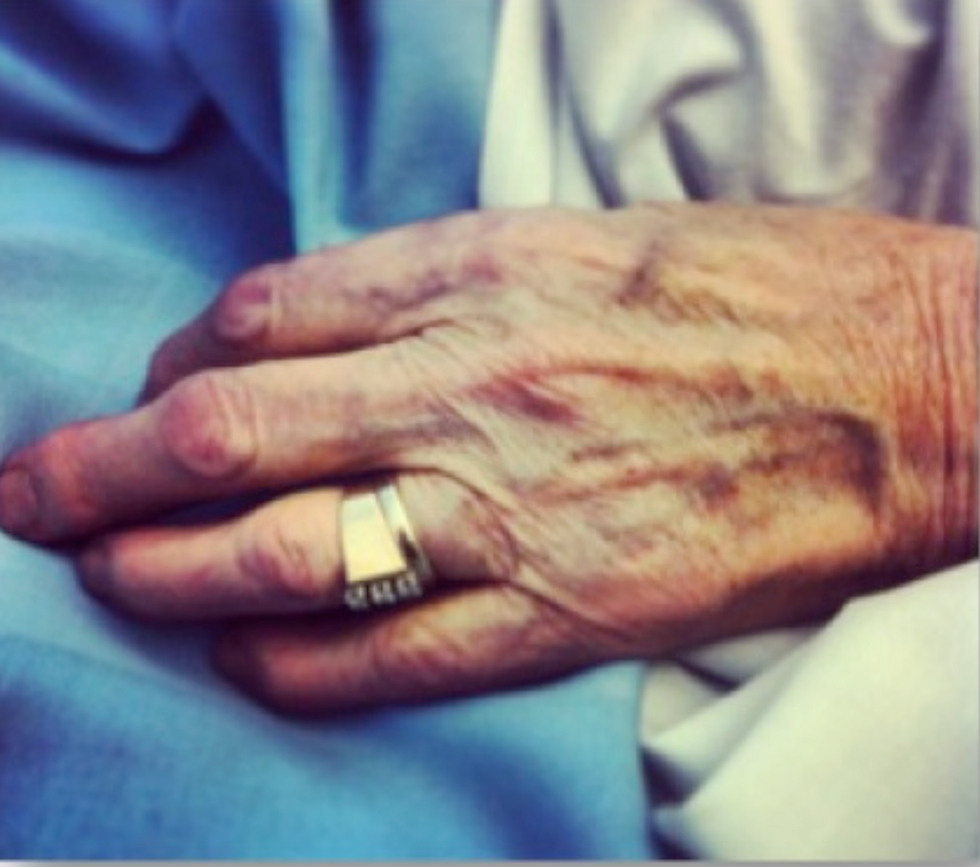We All Have Stories
- Sue Robins

- Sep 23, 2020
- 3 min read
Updated: Sep 27, 2020

I once gave a talk to a group of PICU nurses. I asked them – how do you take care of yourself when a child you are caring for dies? They looked puzzled until one nurse slowly put up her hand and said, “Well if we have a friend who is working that shift, we might talk to them about it. Otherwise, we are given a new patient assignment and told to get back to work.”
This answer almost made me cry. There was no formal way on this unit – an intensive care unit, where children do die – for the nurses to pause to process their own grief about a child’s death. It made me realize that there are three stories here: the child’s story, the family’s story and the nurse’s story. And all of those stories matter.
I have been very focused on patient and family storytelling over the years. I led a Family Talks speaker coaching program when I worked with the Stollery Children’s Hospital and have created family storytelling resources with Karen Copeland. My recent book contains nursing student, family caregiver and breast cancer patient experience stories.
It took a 16 hour trip across the ocean to Australia for it to dawn on me that everybody in health care has a story that needs to be honoured. I had been holding tightly onto the notion that it is only patient and family stories that need to be heard.
Patients and family stories matter, yes absolutely. And because of the massive power imbalance in health care, patient and family stories are often ignored, minimized, interrupted or dismissed. There is a considerable amount of catch-up that needs to be done so patient and family stories are valued both at point of care and when decisions are being made at organizations. I will continue to beat on this drum.
But my unwavering opinion about stories shifted last November when I headed Down Under.
I had the opportunity to go to a series of events called the Gathering of Kindness to launch my book.
The Gathering of Kindness aims to “build, nurture and instil a culture of kindness throughout the healthcare system,” and is focused on staff well-being, not patients. Before I left, I had to think long and hard about the connection between patient stories and health professional stories.
Here’s what I concluded. Patients care about their clinicians. For us to form relationships with health professionals in our lives, two things need to happen:
Professionals have to let us to get to know them as people, even a little tiny bit. This means you have to allow us to see you beyond professional titles by sharing bits of your own story with us. We need to know you before we can trust you.
Staff well-being is intertwined with patient well-being. If you as a health professional understand your own stories in health care, that can help with your own healing from challenging experiences at work (just like storytelling it helps with patient healing too). Reflective practice hinges on sharing stories.
There are many reflective practice programs out there, including:
4. Narrative Medicine programs - an article about it here, and an essay I wrote about seeing Dr. Rita Charon speak here.
In order to effectively engage in reflective practice, clinicians first have to get comfortable with sharing stories about their own experiences in health care workplaces, and be open to disclosing their feelings about events. This is the hard part, for sharing feelings can make anybody feel vulnerable.
No matter what approach you use, the crucial thing is that you are given a safe space to share your story and feelings. Health care environments that dedicate time and space for staff to process hard things are healthy workplaces. (Try to avoid those that do not).
I will not stop advocating for folks to honour patient and family stories and to create safe spaces to share them. My kind friends in Australia taught me that we all have stories that are worthy of telling. We need to all start listening to each other - patients, families, staff and clinicians. It starts with stories.
(This essay was written in support of Module 3, Lesson Plan 3 from my free Course Content that is offered to health educators and students).

Are you interested in keeping in touch and receiving occasional emails direct from Sue? Subscribe to her email list today!




Comments